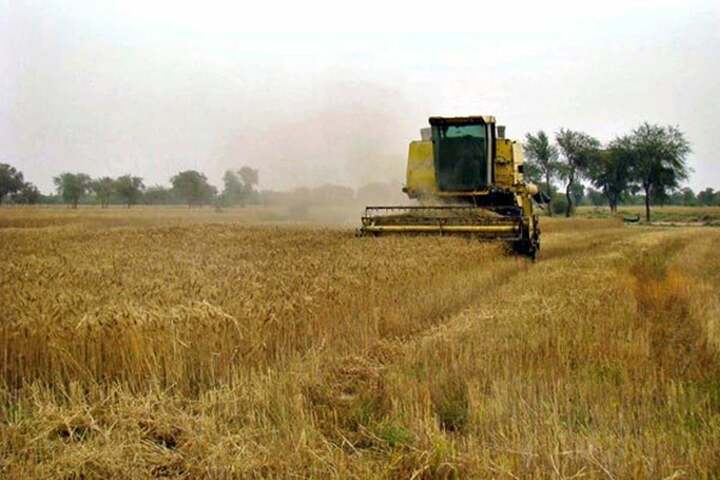
KARACHI: Pakistan’s macroeconomic conditions improved during the first half of fiscal year 2024, the State of Pakistan’s economy report for the first half of FY24 released on Tuesday said.
The report said the real GDP, driven by agriculture sector, grew by 1.7 percent in the first half of FY24 compared to 1.6 percent in the same period in FY23, and a contraction of 1.9 percent in the second half of FY23.
The report contains the analysis prepared on data outturns for the July-December FY24.
Q2 GDP stands at 1pc despite improvement in agri sector
According to the report, the real economic activities moderately recovered against the contraction last year, while Stand-By Arrangement (SBA) with the International Monetary Fund (IMF) helped reduce stress on external account.
Meanwhile, current account deficit narrowed considerably, amid continued contractionary monetary and fiscal policies, better agriculture produce and ease in global commodity prices. On the fiscal side, primary balance posted a higher surplus during the first half of FY24 compared to the same period in FY23 on account of strong growth in both tax and non-tax revenues that outpaced increase in non-interest expenditure. Despite restrained domestic demand, inflationary pressures remained persistent at elevated levels, the report noted.
According to the SBP report, the growth in the first half of FY24 was led by agriculture, with significant increases in the production of cotton and rice, mainly owing to favorable weather conditions, better availability of inputs and policy incentives. These factors also encouraged farmers to increase area under wheat cultivation. The recovery in agriculture sector also supported some of the agro-based industries. In addition, withdrawal of import prioritization measures improved availability of raw materials for industry, the report said.
The SBP report said that the approval of the IMF’s SBA eased external borrowing constraints, leading to an increase in financial inflows during the first half of FY24. In addition, lower scheduled external loan repayments compared to the first half of FY23 and significant reduction in current account deficit, on account of decline in imports as well as upsurge in exports supported the build-up in SBP’s FX reserves.
Despite subdued domestic demand and decline in global commodity prices, the Report said, a combination of lingering structural issues, PKR depreciation compared to the first half of FY23, increase in government spending, and supply shocks kept the National CPI (NCPI) inflation at elevated levels.
A number of factors including higher input costs, increase in indirect taxes, and implementation of upward revision in minimum wage announced in the FY24 budget, alongside the second-round effects of administered prices of food and energy items, were responsible for the persistence in the core inflation during the first half of FY24.
Copyright Business Recorder, 2024